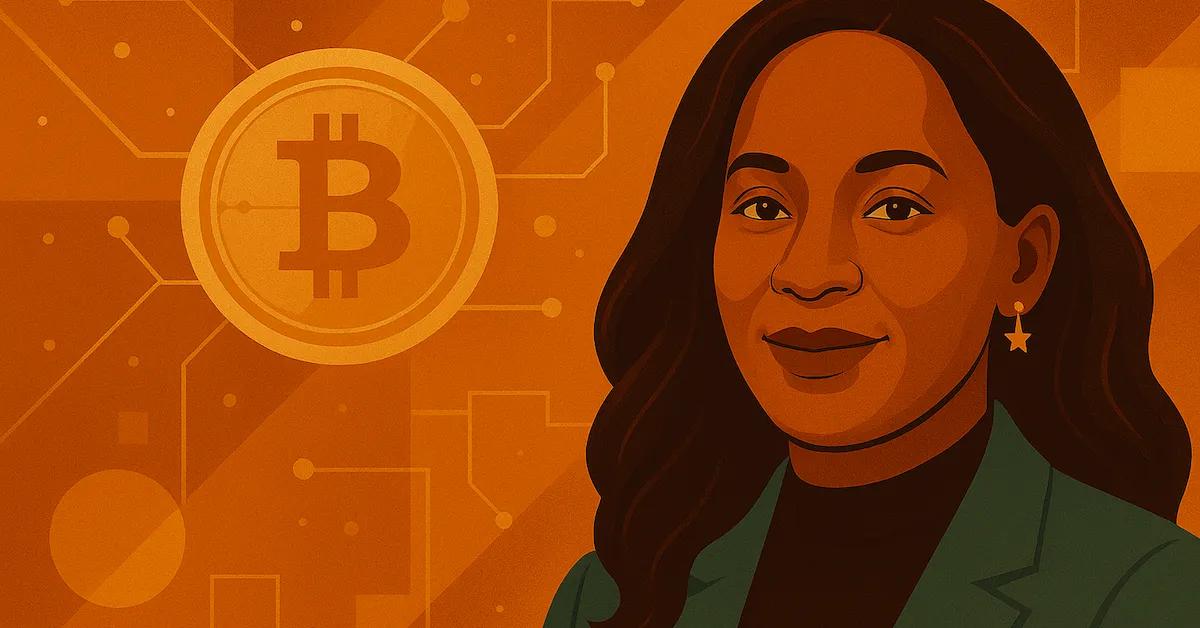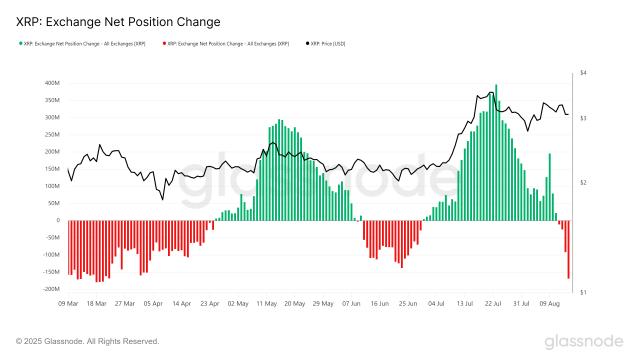Bitcoin Magazine
From Hotel Rwanda to Bitcoin: Anaïse Kanimba’s Fight for Freedom Enters a New Chapter
Before coming to understand Bitcoin, Anaïse Kanimba didn’t view it as anything more than another asset for “crypto bros” to trade.
But after learning about what problems Bitcoin solves — from cheaper, faster remittances to serving as money for the unbanked to helping pro-democracy activists to raise funds without doxxing their donors — Kanimba has seen the Bitcoin light, so to speak.
We discussed the arc of her coming to understand Bitcoin in a recent interview I conducted with her:
In the interview, she admits that she was downright confused when she first came into contact with Bitcoin proponents and developers at the Oslo Freedom Forum.
“When I arrived at the Oslo Freedom Forum and saw a Bitcoin area, I was very, very confused,” laughed Kanimba in the interview.
“What are these people doing here?” she thought to herself — before learning that they were there to help.
Embracing Freedom Tech and Bitcoin
While working to free her father, Paul Rusesabagina, well known for saving the lives of over one thousand people during the 1994 Rwandan genocide (as depicted in the film Hotel Rwanda), who had been abducted and jailed by the Rwandan government, Kanimba’s sister and cousin, both of whom were also advocating for the release of Rusesabagina, learned that Pegasus spyware had been installed on their phones.
It was at this point that they learned the importance of protecting and maintaining their privacy in the digital space, especially as they advocated for the release of their father from Rwanda’s autocratic regime.
“A lot of people from the freedom tech movement came to us and helped us create better [privacy] boundaries for ourselves, to find tools that would protect [us] through our advocacy,” said Kanimba.
While learning about digital privacy practices, Kanimba also learned more about Bitcoin. She quickly saw its value as a fundraising tool.
“People were scared to donate to [the] legal defense fund [for my father] because they were scared to be [connected to it],” recounted Kanimba, highlighting the fact that Bitcoin enables users to transact while protecting their identity.
Kanimba would later learn about the aforementioned use cases for Bitcoin, which quickly made her a believer in the technology.
“I could relate very quickly to the challenges that Bitcoin is trying to solve,” said Kanimba.
“Thinking about my previous [work] in development, I was able to connect a lot of the dots, and I saw this as a really incredible tool that can save the lives of people, specifically the people at the bottom of the ladder who are trying to make ends meet, people who are fighting against autocracy,” she added.
Co-founding the Africa Bitcoin Institute
Kanimba has become so convinced of Bitcoin’s utility that she’s now working alongside the likes of Togolese human rights activist Farida Nabourema, the Human Rights Foundation’s global Bitcoin lead Femi Longe, and Gridless CEO Erik Hersman to get the Africa Bitcoin Institute (ABI), an African think tank and research organization, off the ground.
Her motivation is to have Africans across various disciplines contribute to the research on Bitcoin across the continent.
“The story is often written by people from outside of the continent,” said Kanimba.
“And those [from Africa] who write about this are buried in the ecosystem of the production of the report. People write about something that’s happening in Lagos, put it online, somebody uses that as a source, and by the time it gets published in more established journals or more established reports then the voice of the people who actually gathered this data is lost,” she added.
“The narrative should be coming from people living it, and this is where ABI comes in to support the network of these researchers, help people understand bitcoin a little bit better — its challenges and its opportunities.”
Bitcoin Regulation: Thinking Globally, Applying Locally
Kanimba is currently based in Washington, D.C. and has been paying close attention to both how the Trump administration is treating Bitcoin and to the type of regulation the U.S. is creating around it.
“I’m happy that this administration is putting these questions [about Bitcoin] forward and that regulators are thinking about it because it encourages other countries to also think critically about it,” said Kanimba.
“If the administration were saying ‘All of this is a scam and this is just for bad people’ then you can imagine the conversation we’d be having in Africa would be very similar. Regulators would be feeling the same way, and if regulators feel like that, then the people using bitcoin P2P would be affected,” she added.
With that said, Kanimba explained that the implementation of potentially similar Bitcoin policy in Africa must be considered with local context in mind.
“We need to be very careful that we don’t just copy and paste it,” said Kanimba.
For more on Kanimba’s work and the work of the Africa Bitcoin Institute, follow Kanimba on X and visit the Africa Bitcoin Institute’s website.
This post From Hotel Rwanda to Bitcoin: Anaïse Kanimba’s Fight for Freedom Enters a New Chapter first appeared on Bitcoin Magazine and is written by Frank Corva.







